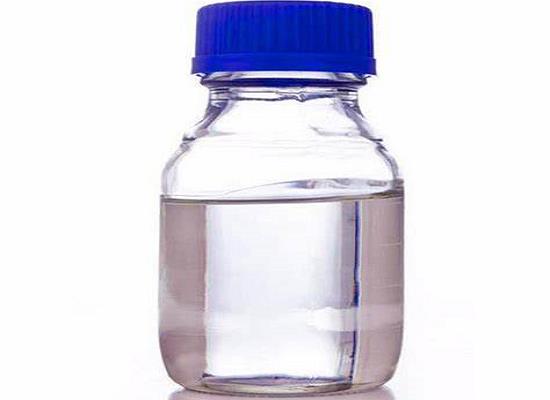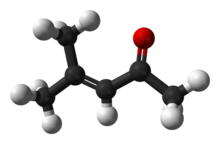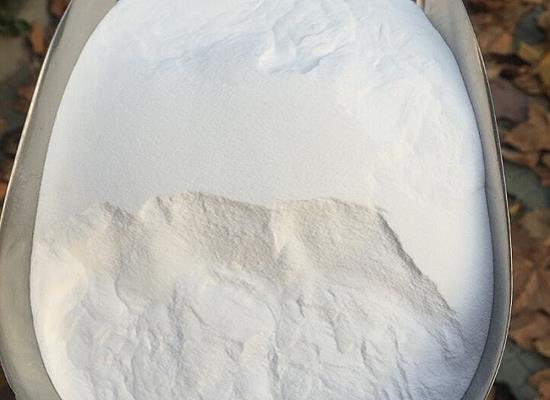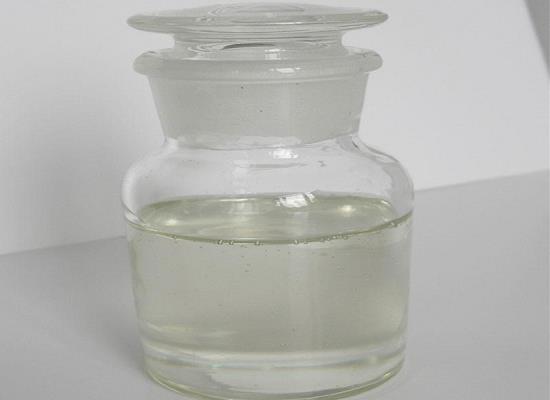Mesityl oxide: properties, industrial applications and toxicity
General Description
Mesityl oxide is a colorless, oily liquid with a strong peppermint odor. It has a boiling point of 129.5°C and a flash point of 73°F. It is slightly soluble in water but miscible with alcohol and ether. Mesityl oxide is widely used as a solvent in various industrial applications, including lacquer production, leather dyeing, ore flotation, and chemical synthesis. It has excellent solvency properties and contributes to the development of diverse products and processes. However, it can be toxic when inhaled or absorbed through the skin, causing irritation and health disturbances. Ingestion of mesityl oxide is also moderately toxic.

Figure 1. Mesityl oxide
Properties
Mesityl oxide is an organic compound with the molecular weight of 98.15. It is an oily liquid that is colorless and has a strong odor reminiscent of peppermint. Its boiling point is 129.5°C at a pressure of 760 mm Hg, and its flash point is 73°F (23°C) TCC. It has a lower explosive limit of 1.3% at 100°F and an upper explosive limit of 8.8% at 150°F. The vapor pressure of mesityl oxide ranges from 9.5 mmHg at 40°C to 400 mmHg at 109.8°C. It has a specific gravity of 0.8569 at 20/20°C and is slightly soluble in water but miscible with alcohol and ether. At 25°C and 760 mm Hg, saturated air contains 1.25% mesityl oxide by volume. The relative density of saturated air is 1.03 (air = 1.0). In terms of conversion, 1 ppm of mesityl oxide is equivalent to 0.00401 mg per liter, and vice versa, 1 mg per liter is equal to 249 ppm. 1
Industrial applications
Mesityl oxide is widely used in various industrial applications due to its excellent solvency properties. It serves as a valuable solvent for materials such as nitrocellulose, ethylcellulose, low viscosity cellulose acetate, and vinyl copolymer resins. These resins are commonly employed in the production of lacquers, stains, and roll coating inks, where they provide enhanced adhesion, durability, and gloss. In the leather industry, mesityl oxide finds application as a solvent for dyeing and finishing processes. Its ability to dissolve dyes and other additives enables effective coloration and imparts desired properties to the leather, such as softness and resistance to water and abrasion. Moreover, mesityl oxide is utilized in ore flotation processes, where it acts as a flotation agent to separate valuable minerals from the ore. Its unique chemical properties facilitate the selective attachment of mineral particles to air bubbles, resulting in their separation from the waste material. Additionally, mesityl oxide serves as an intermediate compound in chemical synthesis. It undergoes various reactions to produce a wide range of compounds used in the pharmaceutical, agrochemical, and fragrance industries. Overall, mesityl oxide's versatility as a solvent and intermediate makes it a valuable component in several industrial sectors, contributing to the development of diverse products and processes. 2, 3
Toxicity
Mesityl oxide exhibits toxicity when exposed to vapor concentrations of 50 ppm or higher, causing irritation to the eyes, nose, and throat. Higher vapor concentrations can lead to narcosis. In humans, exposure to vapor concentrations of 1,000 ppm for more than 60 minutes can result in serious health disturbances. Repeated exposure of rats and guinea pigs at concentrations of 50 to 500 ppm causes injury primarily through narcosis, with deaths occurring only at 500 ppm. Pathological effects are observed at all concentrations except 50 ppm, including congestion and cloudy swelling of the kidneys, and occasionally the liver, along with mild lung congestion. Cumulative effects are notable in mice exposed to saturated vapor, resulting in lung hemorrhages, as well as liver and kidney damage. Rabbits exposed to saturated vapor daily for 60-minute periods display disturbances in the central nervous system, leading to rigidity and spasticity. Repeated exposures of rats and guinea pigs to 50 ppm for eight hours a day for 30 days show no significant variation compared to the unexposed control group. Skin contact with mesityl oxide may cause irritation and absorption of toxic amounts, leading to marked irritation, ataxia, and narcosis. Eye contact with liquid mesityl oxide causes marked irritation and corneal injury. Ingestion of mesityl oxide is moderately toxic to laboratory animals, with an LD50 of 1.12 gm/kg in rats. 4
Reference
1. Stross FH, Monger JM, Finch HD. The isolation and purification of two isomers of mesityl oxide. J Am Chem Soc, 1947, 69(7):1627.
2. Patty, F. Industrial Hygiene and Toxicology. 2nd Rev. Ed. Interscience Publishers, 1963, 11:1756-1758.
3. Jacobs MB. The Analytical Chemistry of Industrial Poisons, Hazards and Solvents. 2nd Ed. Interscience Publishers, 1949.
4. Hygienic guide series: mesityl oxide. Am Ind Hyg Assoc J, 1969, 30(5):531-534.
You may like
Related articles And Qustion
See also
Lastest Price from Mesityl oxide manufacturers
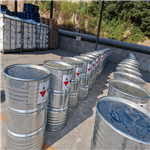
US $9.00/KG2024-10-11
- CAS:
- 141-79-7
- Min. Order:
- 1KG
- Purity:
- 99.8%
- Supply Ability:
- 100tons

US $10.00-10.00/ASSAYS2022-08-04
- CAS:
- 141-79-7
- Min. Order:
- 10ASSAYS
- Purity:
- 99%
- Supply Ability:
- 1000kg/month


